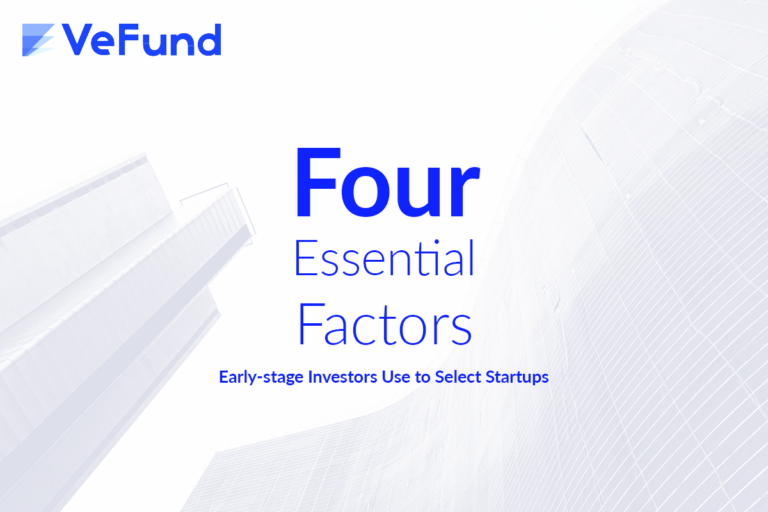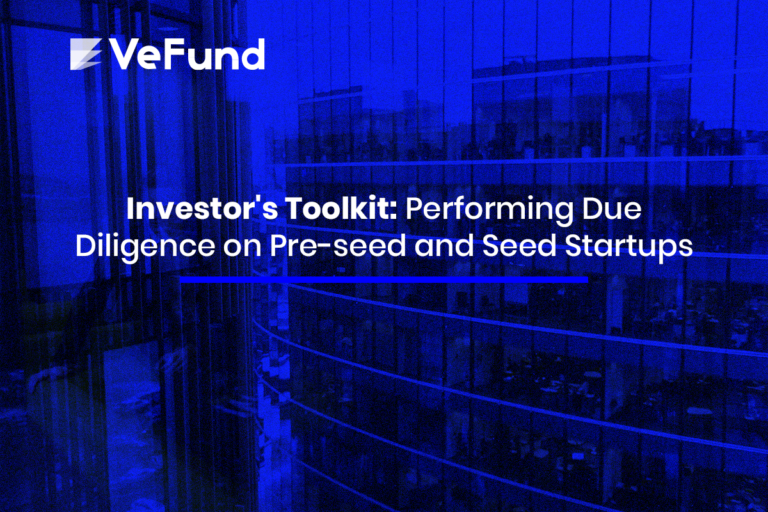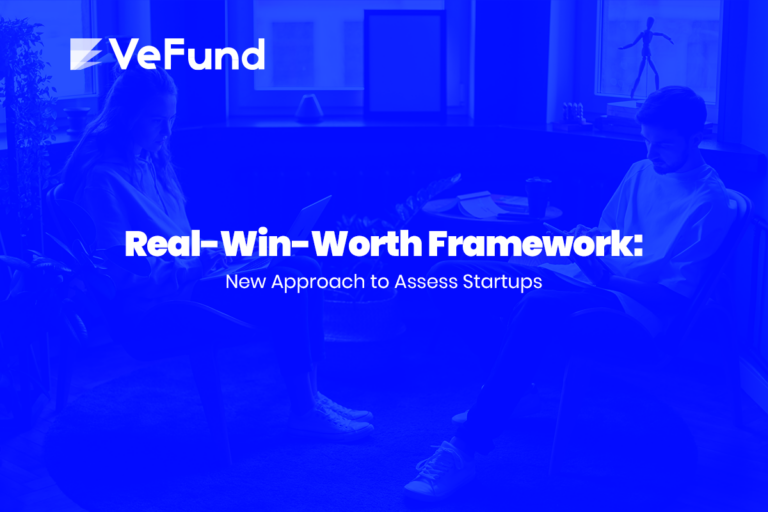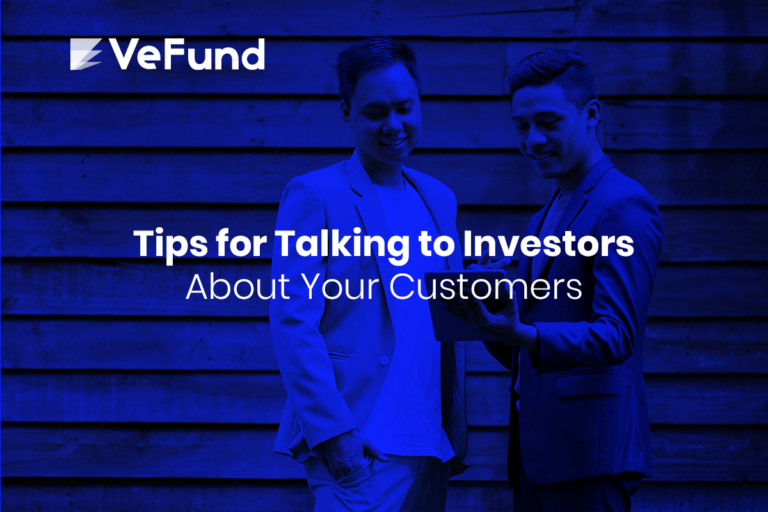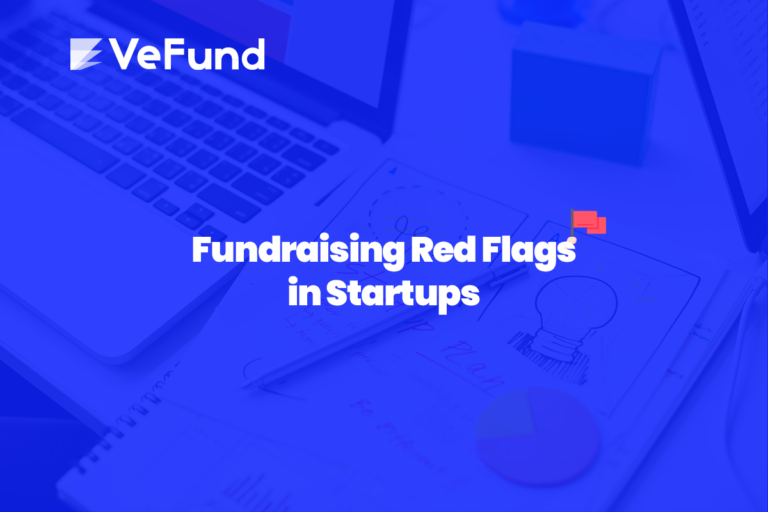Is Serial Fundraising for You? Understanding Venture Capital Eligibility
Startups are as diverse as the ideas that fuel them. Each one is on a unique journey, navigating through opportunities and challenges, and making its own course towards growth and success.
You’ve probably read the headlines: “Startup X raises $XX million in Series C funding.” These stories often dominate the news, painting a picture of success tied to multiple rounds of fundraising. This is known as serial fundraising, a common path that many startups take in their journey towards growth and expansion.
Serial fundraising involves raising funds multiple times, typically through venture capital (VC) firms. This process often begins with a seed round, followed by Series A, B, C funding rounds, and so on. Each round serves as a stepping stone, enabling the startup to reach new heights, whether that’s expanding into new markets, developing new products, or scaling existing operations.
However, it’s important to note that this path isn’t for every startup. Some startups may not need substantial amounts of capital to grow. They might be perfectly fine with raising funds once or twice from angel investors or accelerators, and then fueling further growth through their revenues.
In this article, we’ll delve into the specific criteria that make a startup a suitable candidate for VC funding. If the criteria we discuss here don’t apply to your startup, you might want to think twice before going on the path of serial fundraising.
But before we delve into the specifics, let’s first understand how VCs operate and make money. This will provide a clearer picture of what VC firms are looking for when they decide to invest in a startup.
Understanding How Venture Capital Works
Venture Capitalists (VCs) operate in a high-risk, high-reward environment. They manage funds provided by Limited Partners (LPs), which include institutions like pension funds, endowments, and wealthy individuals. The primary goal of a VC is to maximize these funds by investing in startups that have the potential for high growth and substantial returns.
VCs typically operate on a 10-year fund cycle. Within this period, they aim to invest in startups, help them grow, and eventually exit through a sale or an Initial Public Offering (IPO) that yields substantial returns. The target is often to achieve at least 3x returns on their initial investment.
Given the high-risk nature of startups, achieving these returns is no small feat. It requires investing in startups that have the potential for a significant exit, often in the $1 billion or more. This is why VCs are particularly interested in startups that can scale quickly and capture large markets.
For a more detailed breakdown of how this works, check out this insightful TechCrunch article here. It provides a comprehensive view of the VC investment model and how it drives the search for ‘unicorn’ startups.
Assessing Your Startup’s Fit for Venture Capital
Venture capital can fuel rapid growth, but it’s not the right path for every startup. As we’ve explored how VCs operate, it’s clear that they’re looking for specific characteristics in the startups they invest in. If your startup doesn’t meet any of these criteria, pursuing VC funding could potentially be a killer for your startup. Let’s explore these criteria closely:
1. Market Size: Space to Grow
For a startup to achieve a billion-dollar valuation, it must target a market that’s significantly larger, ideally at least $5B. This estimate assumes that the startup will capture a substantial 20% market share, and doesn’t account for operational expenses.
However, the current size of the market isn’t the only consideration. If there’s clear evidence that the market is poised for substantial growth in the near future, it could still be a viable target. The lab-grown meat industry is a prime example of this scenario.
In some cases, the market size might be difficult to determine. In such situations, it’s important to outline a realistic path demonstrating how this market could reach multi-billion or even multi-trillion dollar valuations within a decade.
2. Rapid Growth: The Sign of a Potential Unicorn
Rapid growth is a clear indicator of a startup’s potential to become a billion-dollar company, and it’s a key criterion that VCs look for. Before considering VC funding, your startup should already be experiencing rapidly growing traction. This means that the signs of solving a real problem for a large number of users should be evident.
This growth is not just about user numbers, but also about the value you’re providing. Are users engaging with your product regularly? Are they recommending it to others? These are signs that you’re not just attracting users, but also retaining them and providing a solution they find valuable. This kind of growth and user engagement is a strong signal to VCs that your startup has the potential to scale and achieve a billion-dollar valuation.
3. Scalable Business Model: The Key to Sustainable Growth
A scalable business model is another crucial criterion for VC funding. Scalability means that a business can handle a growing amount of work or a larger scope of operations in a cost-effective manner. It’s about growing the business without incurring substantial additional costs.
This is why most billion-dollar companies are software-based. Software products can be distributed to millions of users with minimal incremental costs. Once the initial product is developed, the cost of adding one more user is almost zero. This scalability is what makes software startups particularly attractive to VCs.
4. Capital Efficiency: Turning Cash into Growth
Capital efficiency is about using funds effectively to drive growth. Before seeking VC funding, you should have a clear plan for how you’ll use the capital. If you can’t justify the amount you’re seeking with your growth plans, then VC funding might not be the right path. It’s crucial to raise just what you need to avoid unnecessary dilution and pressure.
5. Exit Strategy: The VC’s Path to Returns
An exit strategy is a must-have for any startup seeking VC funding. VCs invest with the expectation of a substantial return on their investment, and this return typically comes from an exit event. This could be an Initial Public Offering (IPO) where the company goes public, or an acquisition by a larger company. As a startup founder, you must be open to these exit possibilities.
6. Competitive Advantage: Increasing the Barrier to Entry
Even if a startup meets all other criteria, if its business model or product is easily replicable, it might struggle to survive. A strong competitive advantage or a high barrier to entry is crucial to ward off potential competitors and maintain a dominant position in the market.
Consider a startup that develops a fast-acting cleaning solution. The product becomes a hit due to its effectiveness and speed. However, without a patent for the formula, other companies soon start producing similar products. The startup quickly loses its unique selling proposition and market share.
In essence, to attract VC funding and ensure long-term success, your startup needs to have a clear competitive advantage that is not easily replicated by others. This could be a proprietary technology, a unique business model, a strong brand, or exclusive partnerships.
Final Thoughts
Venture capital can indeed be a potent fuel for growth, but it’s not the right path for every startup. Startups that don’t align with the typical VC requirements represent a different breed of success stories. They can, and indeed do, thrive without the serial fundraising path that often makes headlines. If your startup falls into this category, consider seeking funding from angel investors and accelerators. They can provide the capital you need, without the pressure and expectations that come with VC funding. Remember, the right path for your startup is the one that best aligns with its unique needs and goals.
At VeFund, we’re dedicated to aiding you in your fundraising journey. We invite you to create your data room with us and reach out to our active investor network. To make your valuation process effortless, we offer an automated valuation calculator. Give it a try and receive an immediate valuation for your startup. We’re excited to see where your startup journey takes you!


